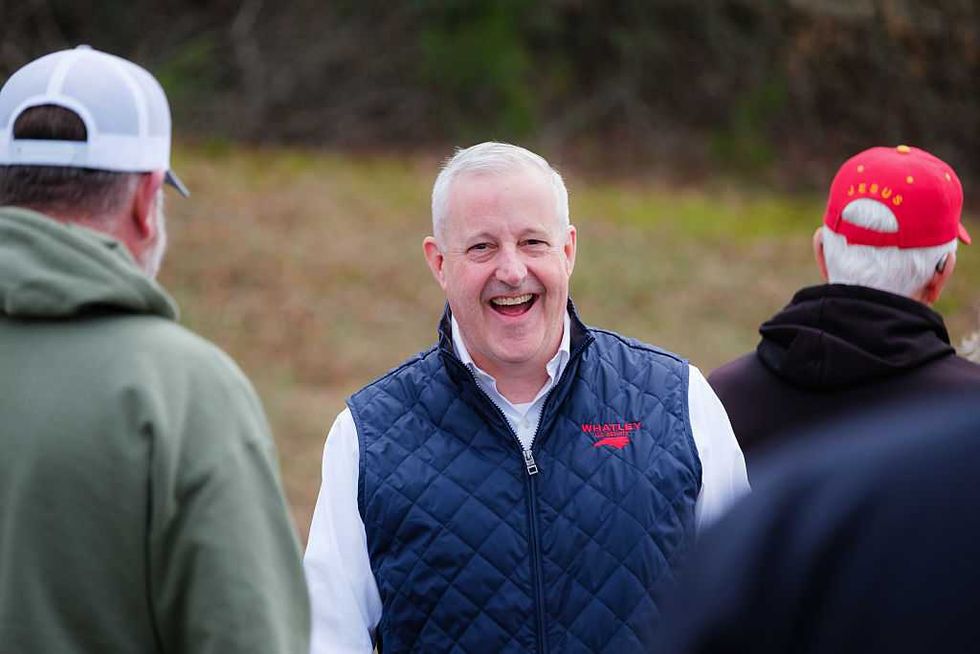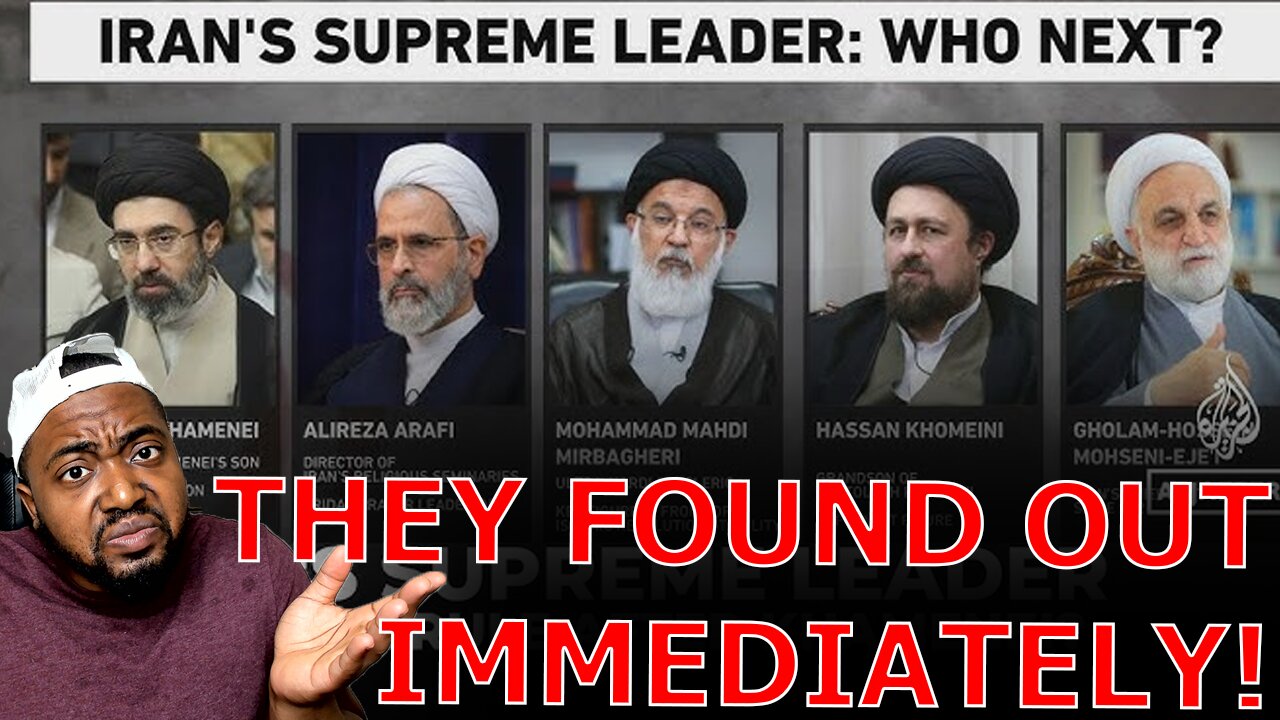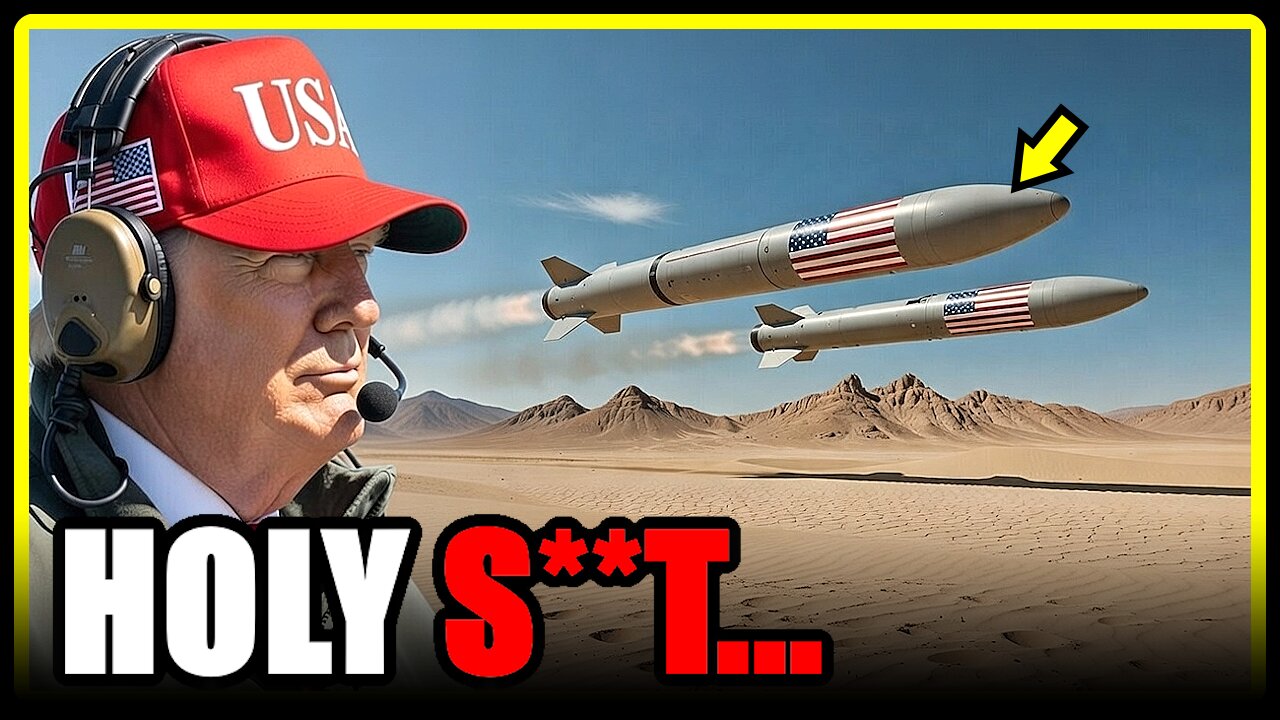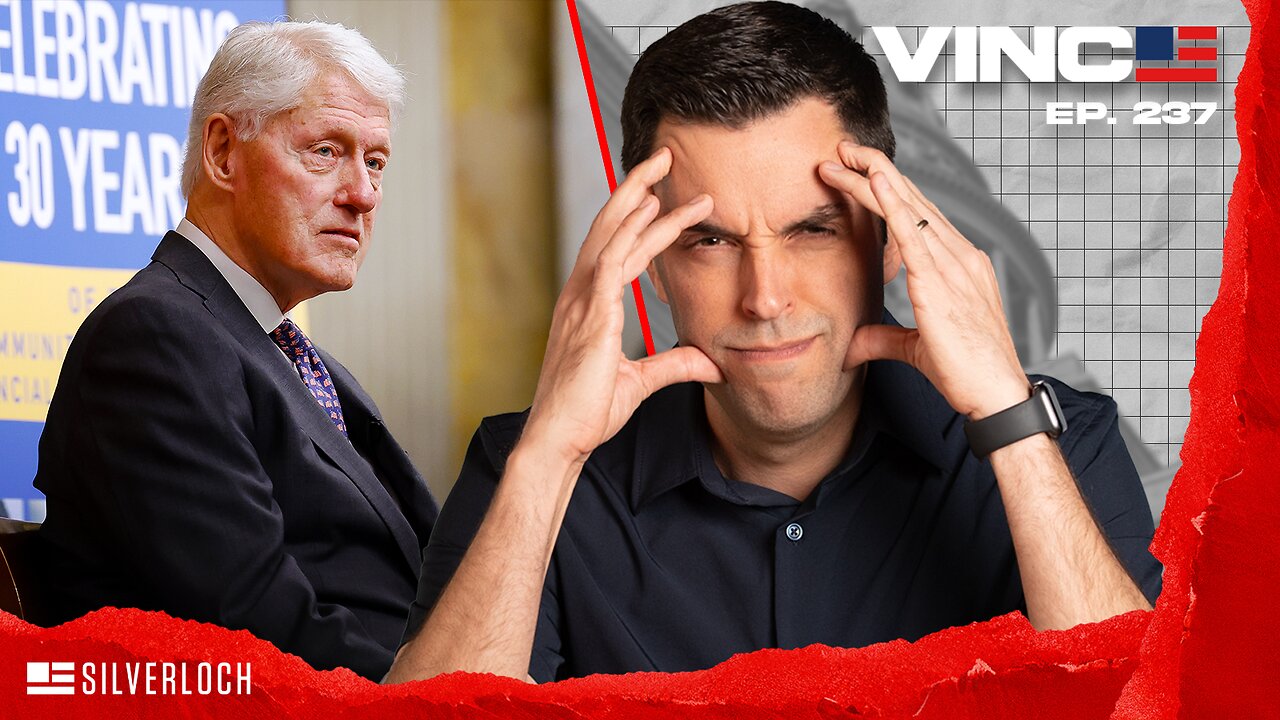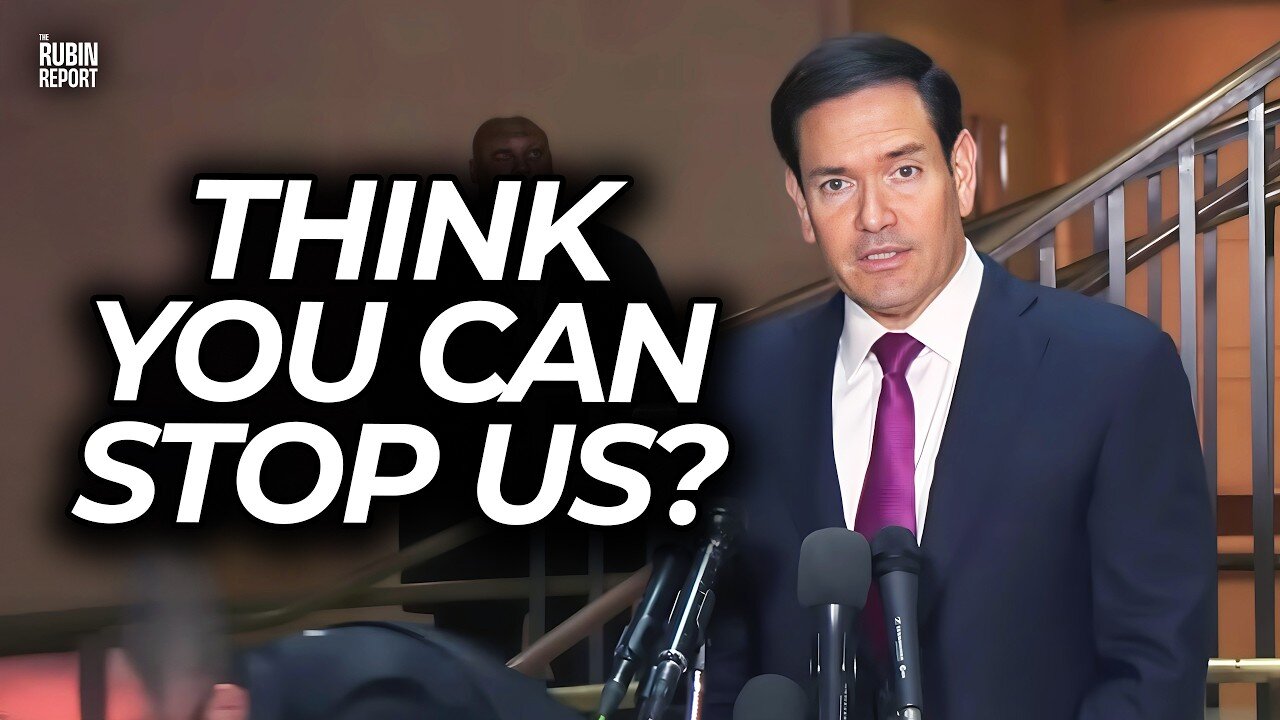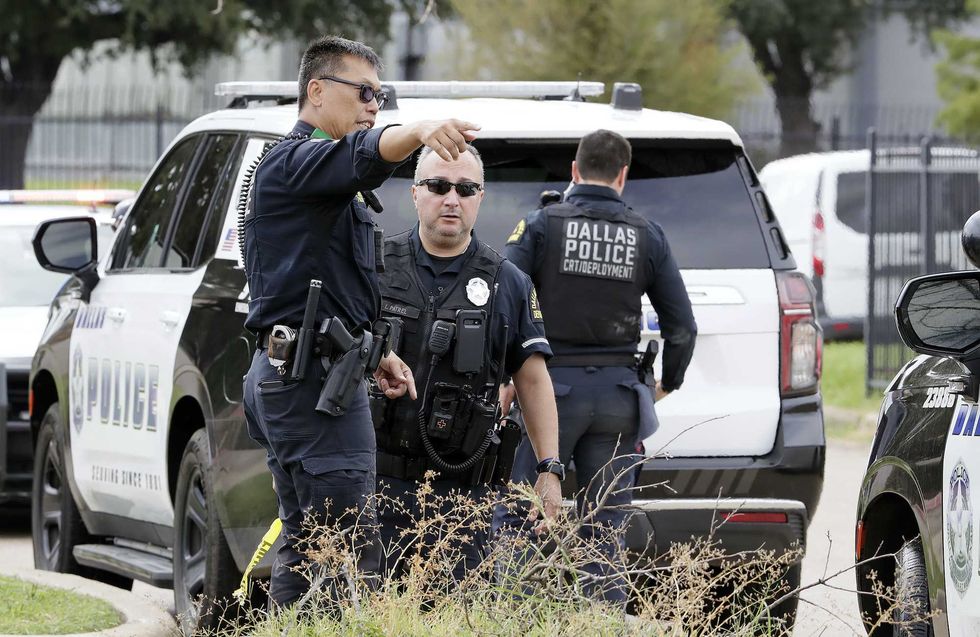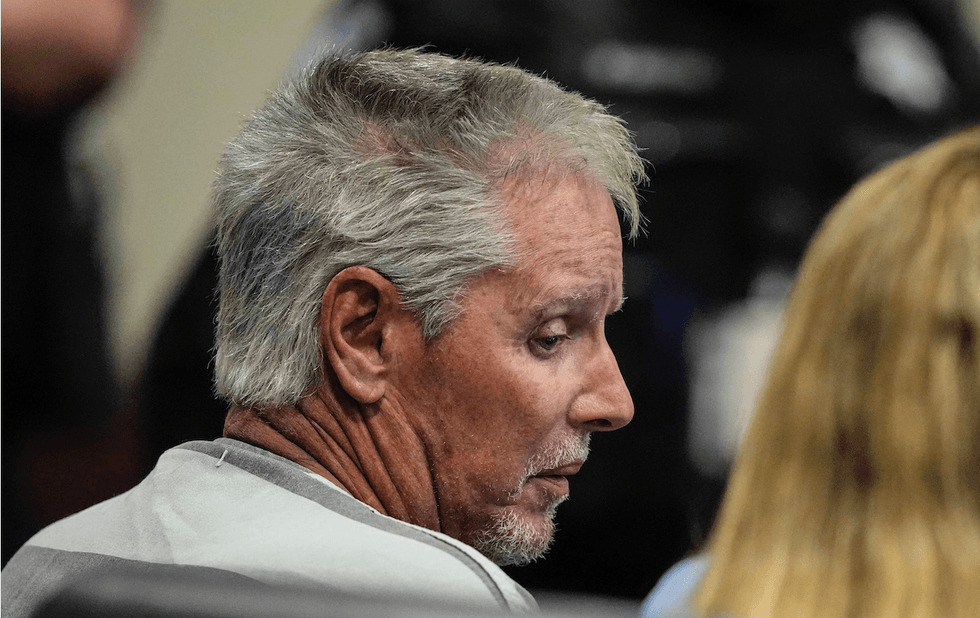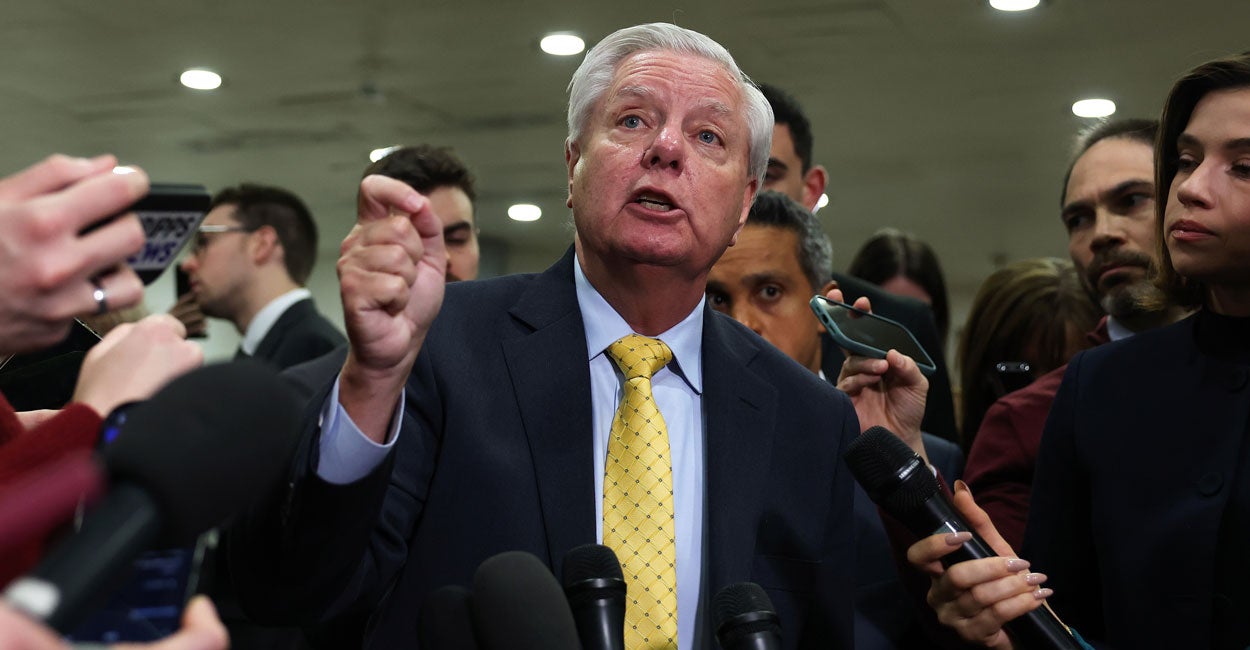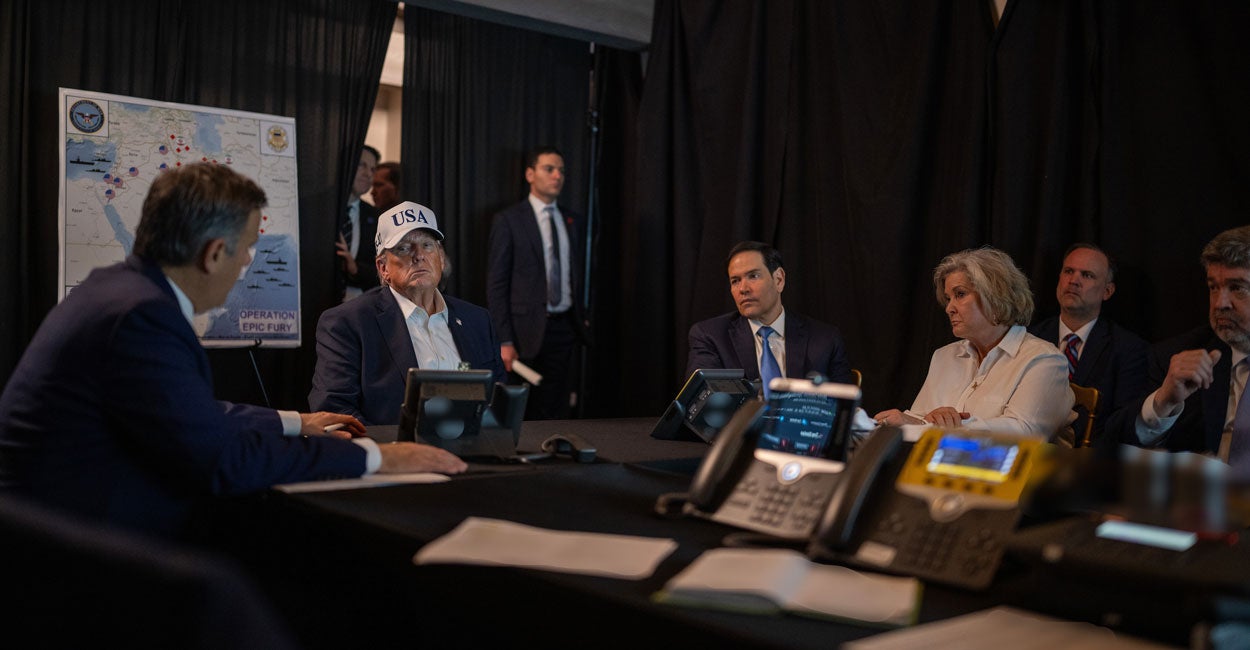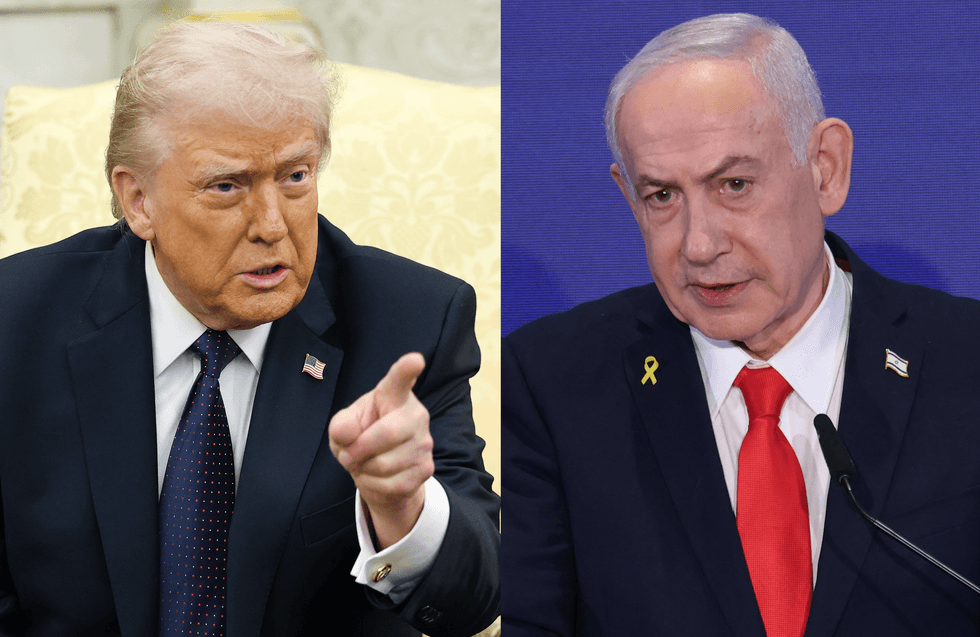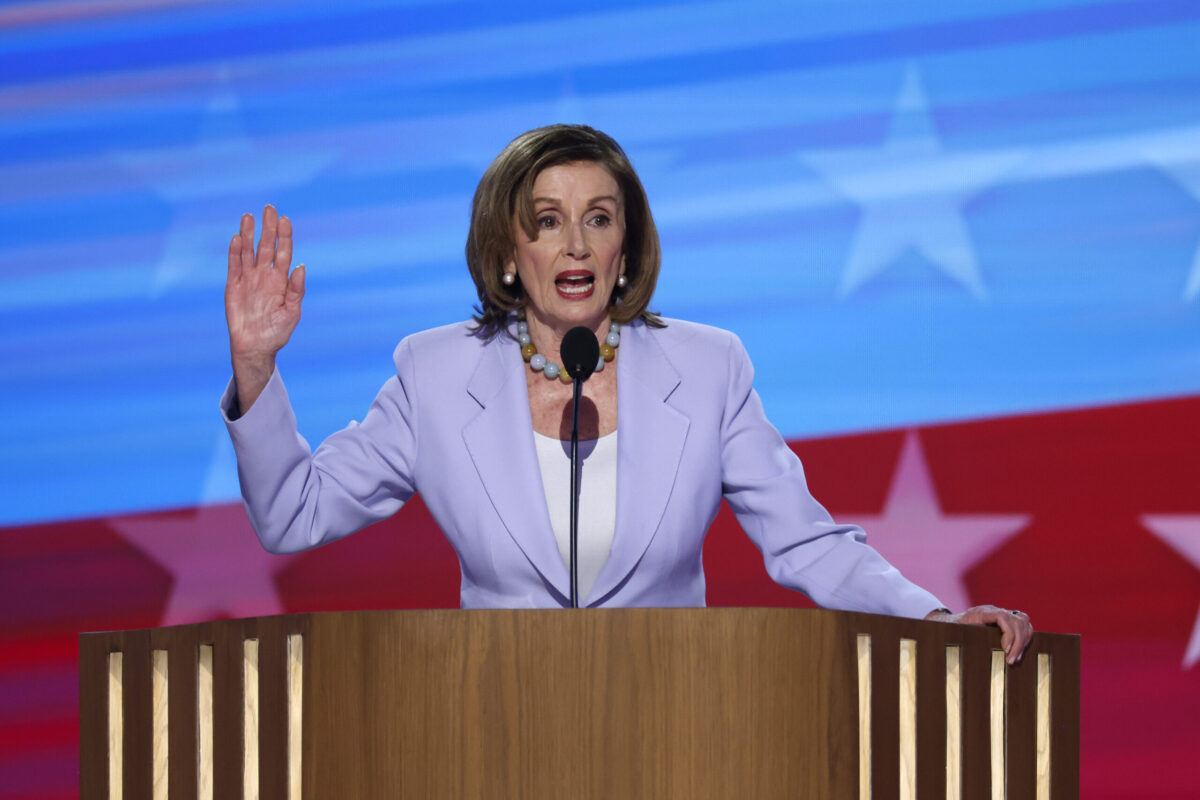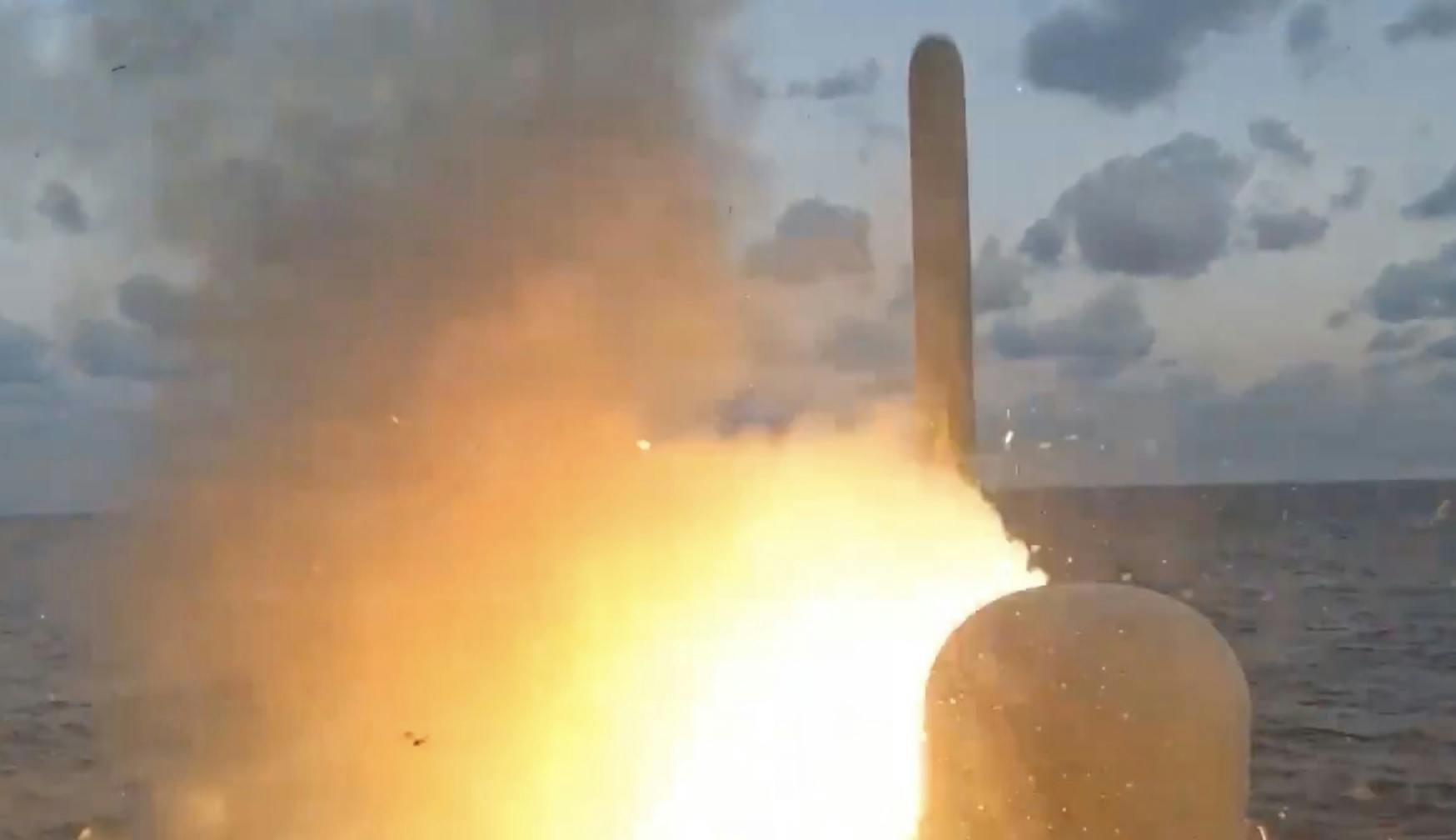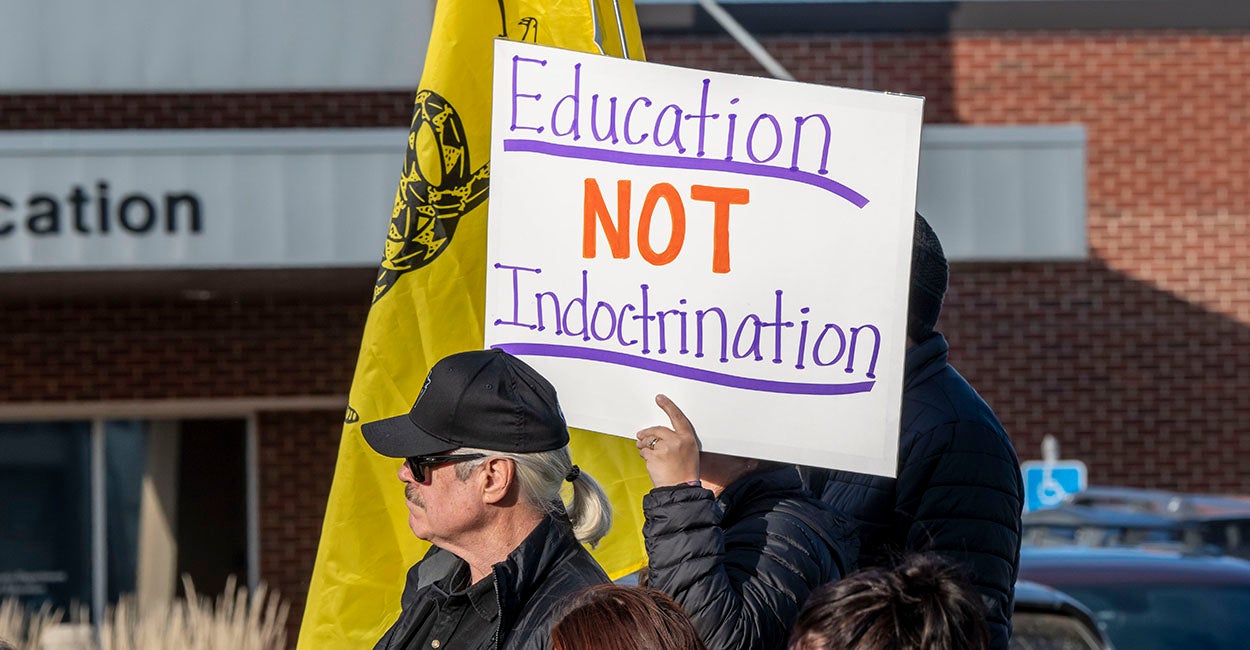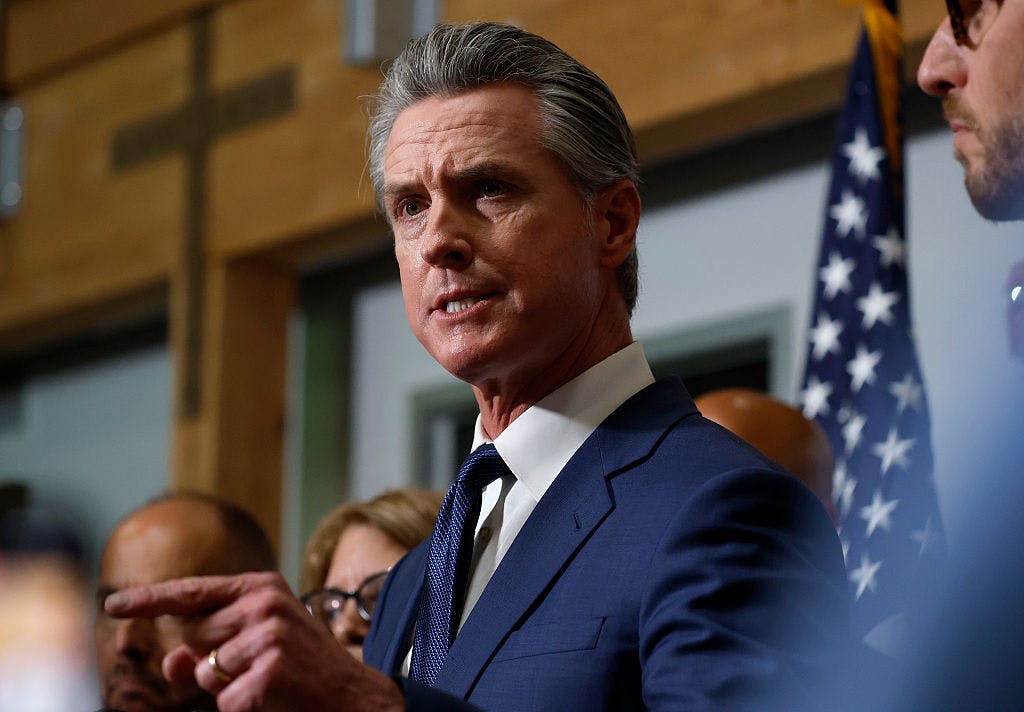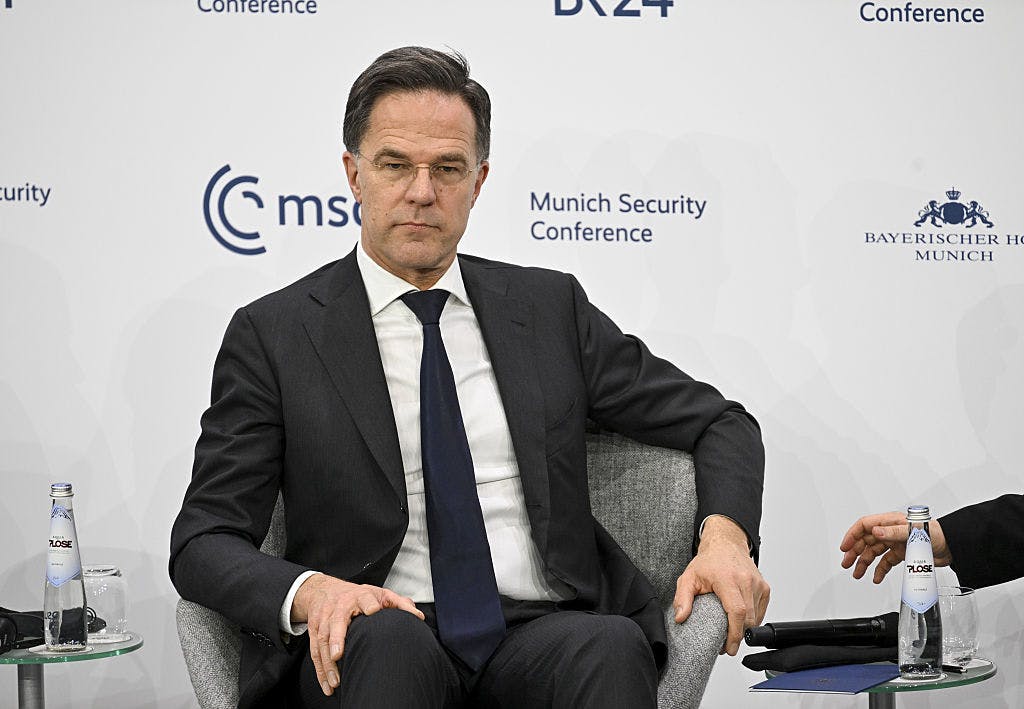The Pope’s Take on Tech and Education
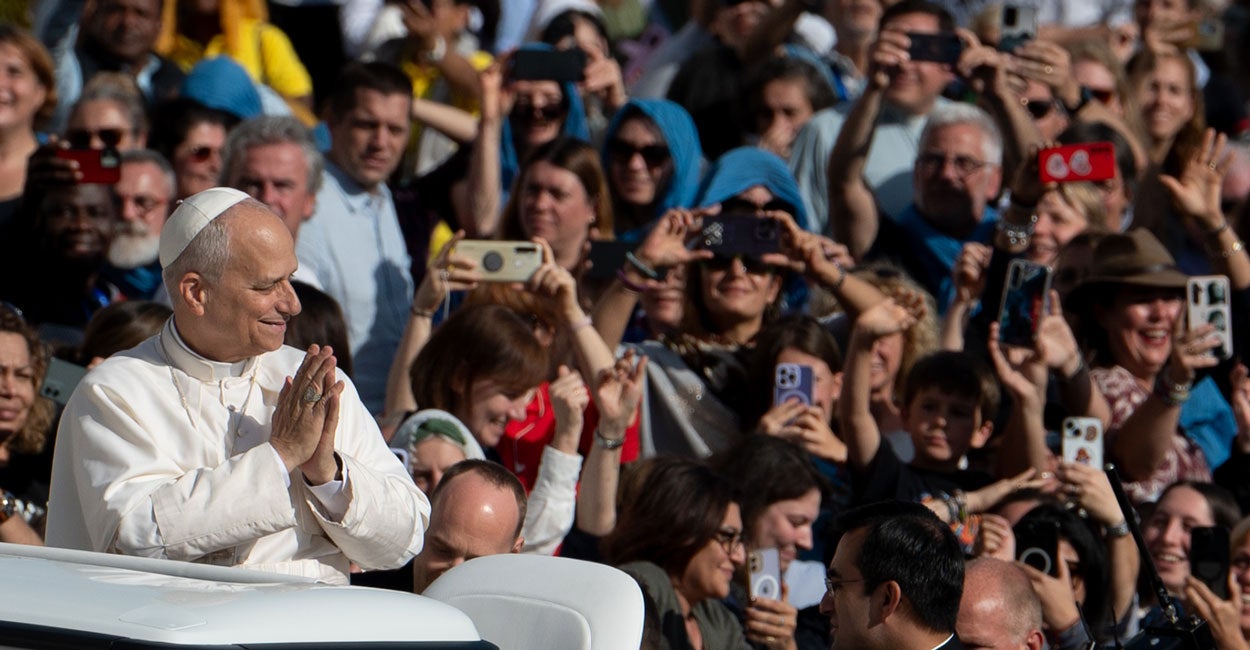
As part of the larger Catholic Church celebration of the Jubilee of Hope, the Jubilee of Education was held in Rome Oct. 31 and Nov. 2, with Pope Leo XIV an active participant.
Live Your Best Retirement
Fun • Funds • Fitness • Freedom
Christians believe that their faith (relationship with God) ought to impact every area of their lives. Since God created us and since He is our destiny, then everything we do ought to bring us closer to Him. One of the areas that is critical to reflect on for human beings, and therefore, for those of faith as well, is education.
There is arguably no greater instrument of impact than education. It molds future generations and provides the worldview that children will follow as adults. That worldview will affect how they live, what they choose for a career and how they treat their family. Education, therefore, is not merely about schooling that prepares us for the workforce. It will prepare us for life in general.
For this reason, the Catholic Church has historically been vocal about education. In October of 1965, Pope Paul VI published a Declaration on Christian Education entitled Gravissimum Educationis (The Importance of Education). The document outlined the need to safeguard the human right to education as well as provided insights into how education should take place in our evolving world.
For the 60th anniversary of the publication of this text, Leo recently published his own Apostolic Letter on education entitled Drawing New Maps of Hope. At the start of his letter the pope writes that, “We live in a complex, fragmented, digitized educational environment.” It is for this reason that we must reflect on the purpose of education and how to fortify it.
The pope’s reason for writing his letter is out of concern for protecting the dignity of young people because, “Rapid and deep changes expose children, teenagers and young people to unprecedented fragility.” Because of these changes, he says that it is not enough for education to simply be conserved—it must be “relaunched.” Leo implores educators to create a season of learning that speaks to the heart of the next generations while “reconstituting knowledge and meaning, competence and responsibility, faith and life.”
In order to achieve this “relaunch” of education in the age of rising technologies and social changes, Leo recommends “three priorities” that ought to guide how we educate. First, the pope noted that the inner life of the person being educated is most critical. “Young people ask for depth,” he continued, “they need spaces for silence, discernment, and dialogue with their conscience and with God.”
Such a focus on the inner life is what separates Christian education from secular education. Human beings are not robots. They have this depth that must be explored and given the space to be nurtured. Without such space education risks becoming a mechanical process that is merely for academic excellence rather than for the flourishing of the human person who is mind, body and soul.
The second priority entails what he calls “the digital human.” Leo implores educators to “educate in a judicious use of technology and of AI, placing the person before the algorithm.”
Artificial intelligence has been a main focus for the pope. He views its rise as the genesis of a new age of technology that, without the proper guardrails, risks replacing the human person and threatening human dignity at large. In order to protect the dignity of the person, AI must be used in a proper way and degree. It is a tool. A powerful tool that can aid human development in the intellectual life but must never implicitly replace the student’s own thinking and intellectual process. For we are not equal to our capacities. Our identity comes from our dignity.
The third and final priority is concerned with the need for peace. He calls this an “unarmed and disarming peace.” One that seeks to build dialogue and reconciliation. These types of qualities are what the pope believes should become the method of learning in our schools. This means that the pursuit of truth must be journeyed on through a path that sparks deeper conversations about what is being studied. Without this dialogue, education becomes a one-way street and risks becoming a combative enterprise of who has the power to relay their beliefs rather than a discovery process of objective truth.
All these priorities, and the entire letter from the pope, evoke a deeper reflection on how education ought to move forward in our contemporary world. Ultimately, for the Christian, it must serve the enrichment of the human person as one made in the image and likeness of a God who is truth and love itself. Without such a starting point, future generations will become less concerned with what is good and true. Such an endeavor has been proven dangerous in the course of history.
May the new age of education be one that rediscovers the true and the good so that human beings—and the world as a whole—can become more centered on the God who is its source and its only hope.
We publish a variety of perspectives. Nothing written here is to be construed as representing the views of The Daily Signal.
The post The Pope’s Take on Tech and Education appeared first on The Daily Signal.
Originally Published at Daily Wire, Daily Signal, or The Blaze
What's Your Reaction?
 Like
0
Like
0
 Dislike
0
Dislike
0
 Love
0
Love
0
 Funny
0
Funny
0
 Angry
0
Angry
0
 Sad
0
Sad
0
 Wow
0
Wow
0



